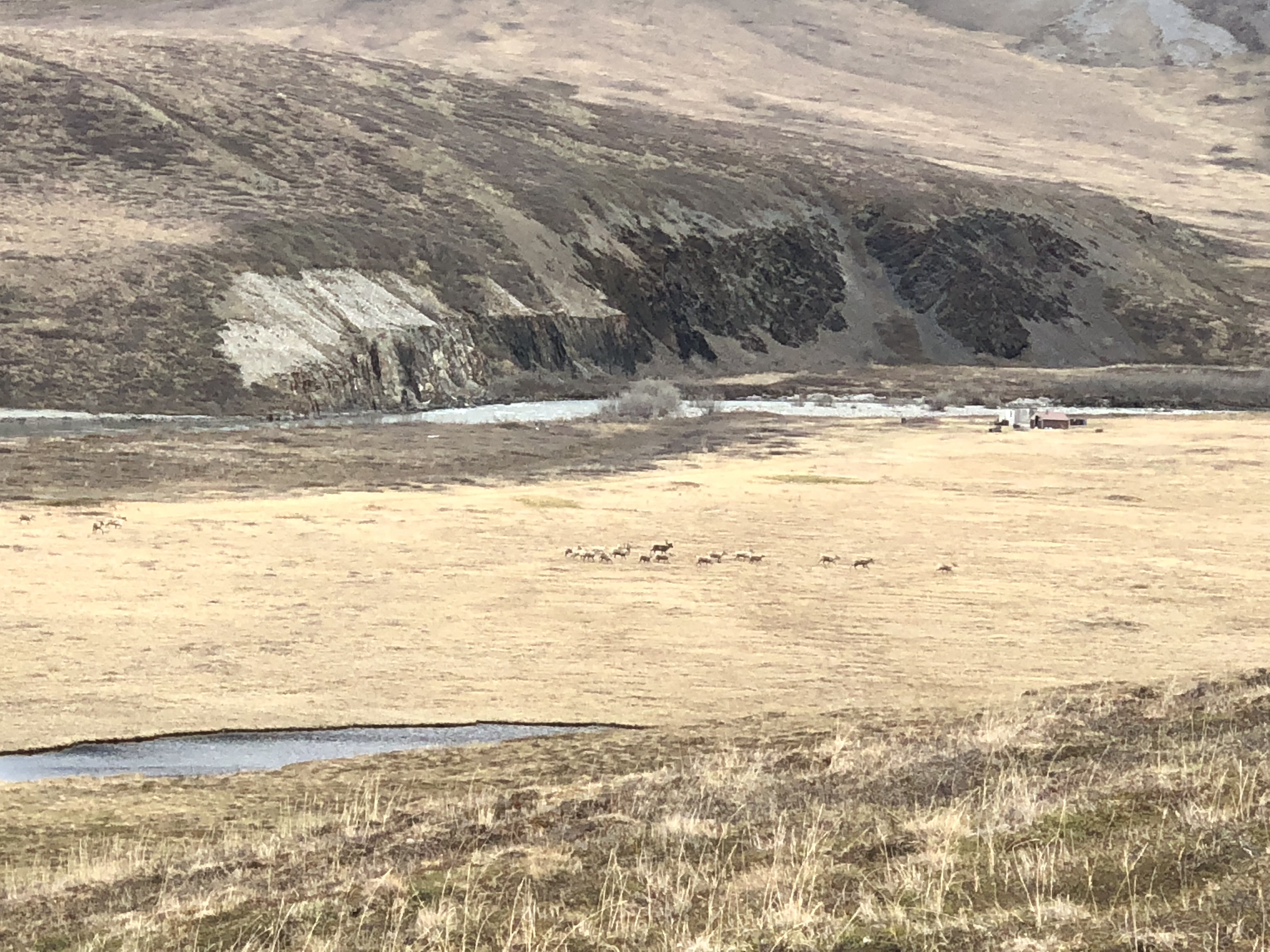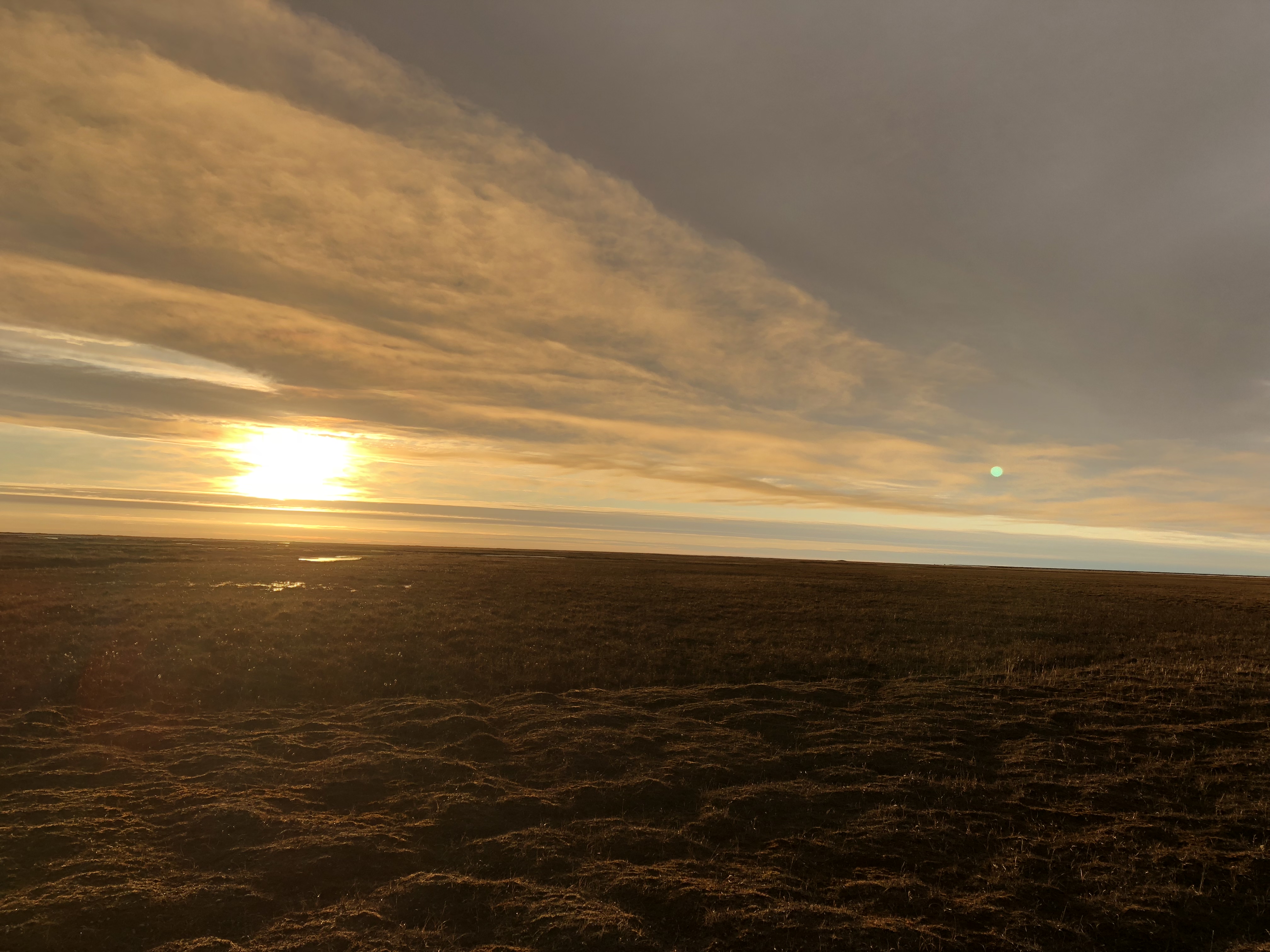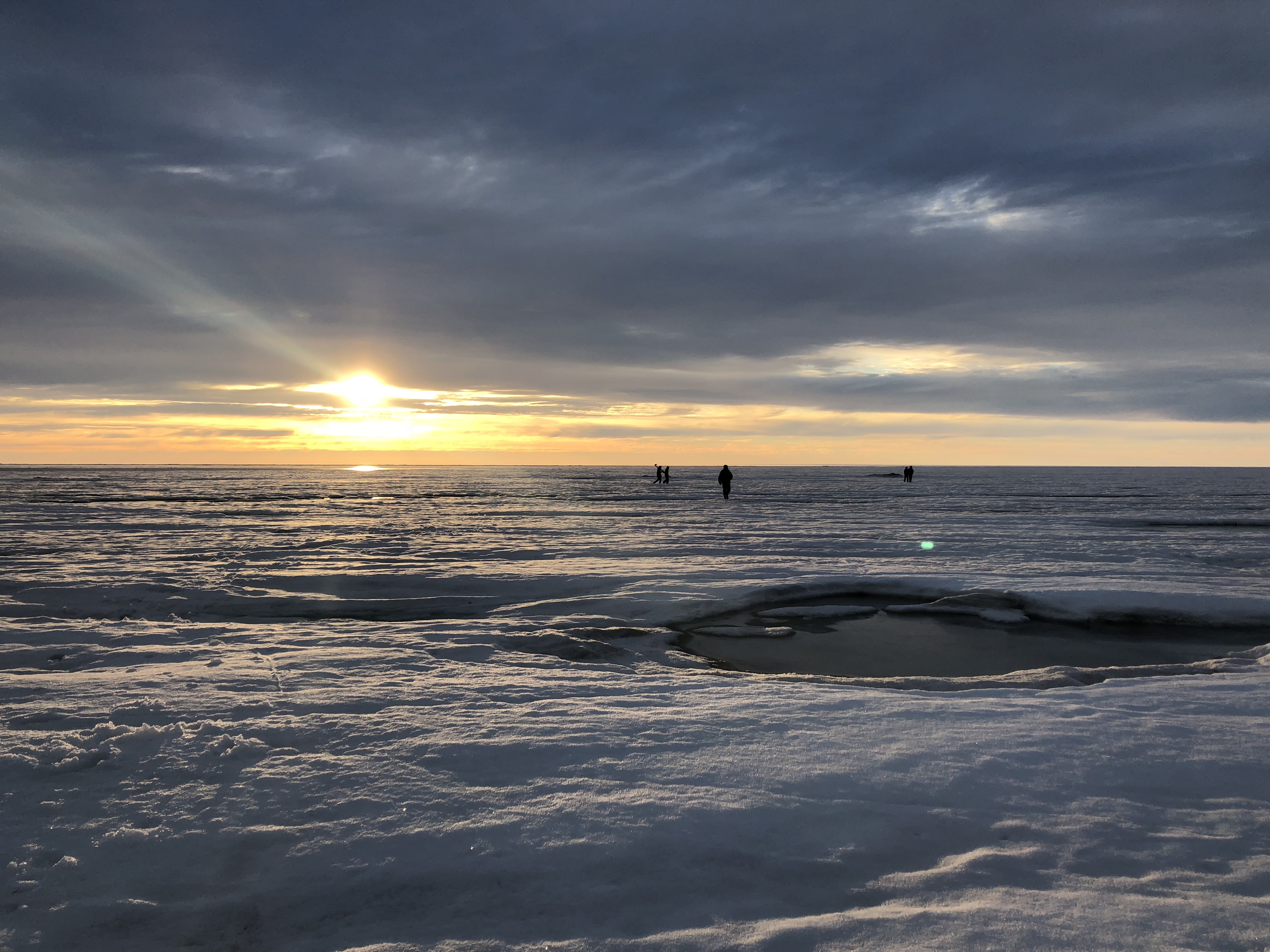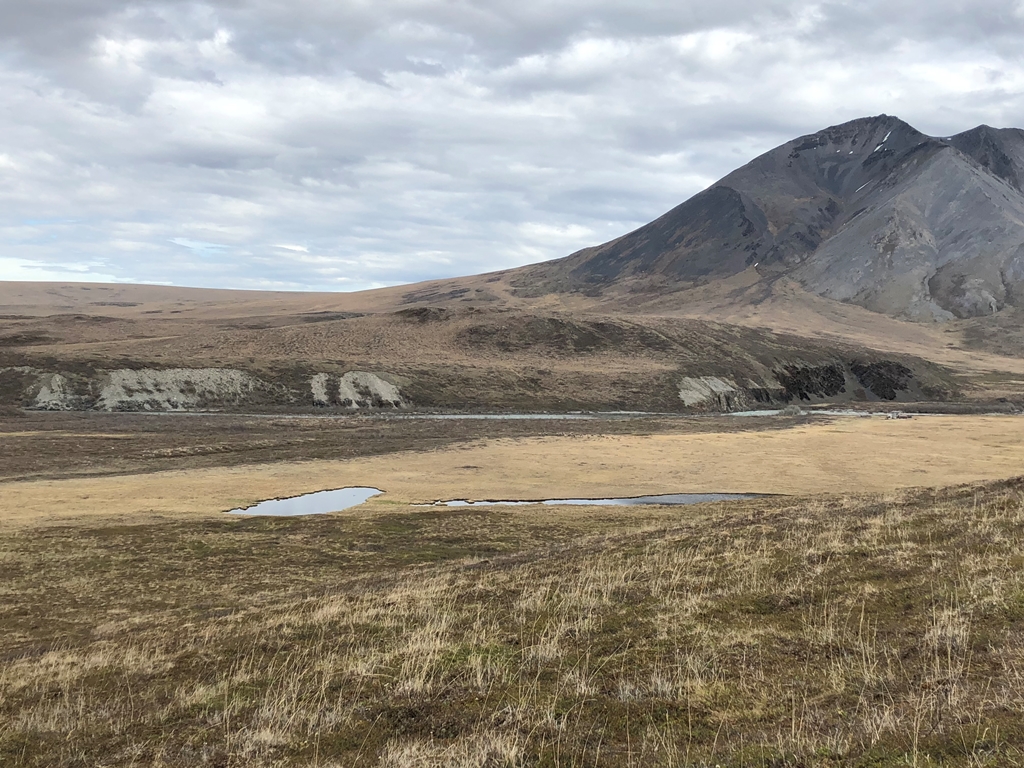"We have lived our sustainable way of life off this land for 20,000 years, must we now sacrifice it for six months of oil?" That’s a quote on the wall in the community center in Arctic Village, Alaska, a small Gwich’in village near the Arctic National Wildlife Refuge. I was fortunate enough to visit this community and the refuge in June, and it is an experience that will stay with me for a lifetime.
The Arctic National Wildlife Refuge is a place teeming with life -- polar bears, musk oxen, more than 200 species of birds, and hundreds of thousands of caribou, who use this place as their calving grounds because of the unique sea breeze that provides protection from the mosquitoes that can threaten a baby caribou’s life. These caribou have sustained the Gwich’in Nation for millennia and, today, hunting caribou still provides 80 percent of the Gwich’in’s diet. The refuge and the Gwich’in have long been threatened by oil drilling, but now the threat is even closer, as Congress voted in late 2017 to open this last corner of wild space to oil and gas extraction. Now, Interior Secretary Zinke and Donald Trump are racing ahead to fast-track this drilling.

While I was already very much opposed to opening the refuge to drilling, my visit to the region confirmed what I had heard from Gwich’in colleagues and environmental partners -- that this place is simply too special to drill. During the trip, I was honored to meet many more Gwich’in people, who come together every year to reaffirm their unanimous opposition to drilling in the coastal plain of the refuge. They live a subsistence way of life, intertwined with the land and deeply connected to the Porcupine Caribou.
Studies indicate that drilling in the coastal plain would harm the caribou, decreasing their numbers by as much as 50 percent, which would have huge ramifications for the Gwich'in's food source and way of life. And as the quote above said, we’d destroy all of that for oil? This is an issue of colonialism, racism, greed, and disrespect for human rights. Drilling in this place, which also happens to be one of the last truly wild places not covered in concrete and filled with sirens and skyscrapers, means not only destroying that wild place but also the native people who depend on it.

I was also deeply moved by the quiet and the vastness of the space. It's a unique and special place that is particularly fruitful for wildlife -- we saw grizzly bears every day, as well as hundreds of caribou, moose, a fox, ground squirrels, snow owls, and a seal. We even saw polar bear tracks on the island the last night (though no bear, which I was quietly relieved about).
And due to the season, when I was there it never got dark -- in fact, the light was the most strikingly beautiful at 2 am. In that buttery twilight one "night" I sat by the rushing river and felt calmer and more at peace than I have in a long time. A reminder that we all need time outside, away from our screens, to reconnect with ourselves and with nature.
During my trip, we rafted the Hula Hula River for six days, all the way to the Arctic Ocean. We spent the last night on a sandbar island in the Arctic Ocean, which was almost entirely frozen.
Being there so shortly after Congress voted to allow drilling was upsetting and angering. But it also made me feel a furious resolve -- it was inspiring, in a way. We will not let them destroy this place and its people. We will do everything we can to protect it. And now that Congress has failed us, that will include going after any company that dares to drill in this place. Our millions of members and supporters across the country, and the millions of members in our partner groups, are eager and ready to say “enough is enough. You cannot drill here” -- with protests and rallies and phone calls, creative campaigning of all kinds, using our bodies and our voices to make it loud and clear that drilling in the Arctic is bad business.

Even if you’ve never been to the Arctic National Wildlife Refuge and will never get the opportunity, you can still use your voice to protect it. This is one of the last remaining places on Earth that hasn't been developed. The refuge is unique, special -- it provides sanctuary to a unique array of wildlife. This is also a human rights issue. The Gwich'in depend on this land and its wildlife for their way of life and their food, and they are asking for this destruction not to happen.
Your voice is needed -- take action to protect the Arctic National Wildlife Refuge today.
